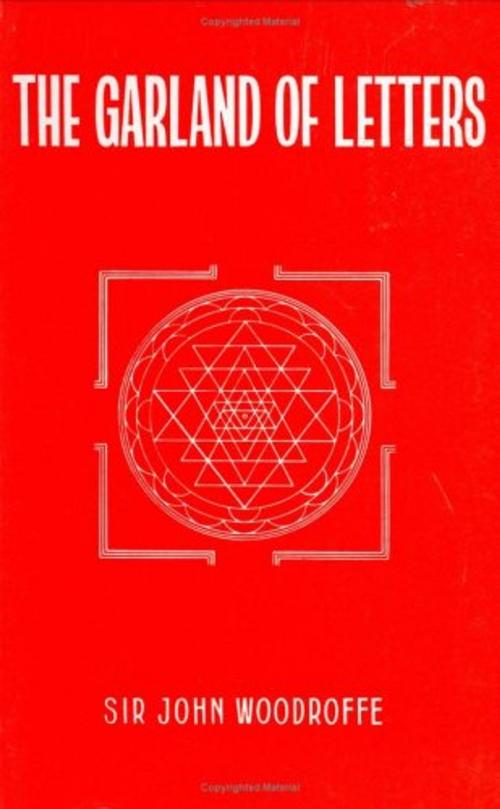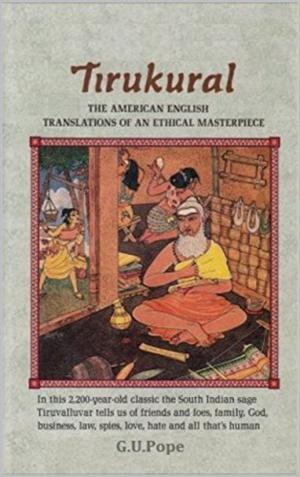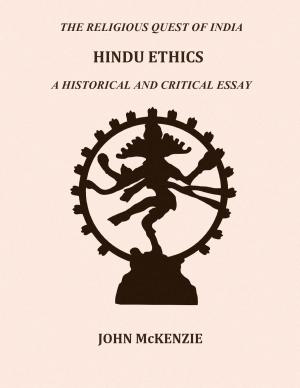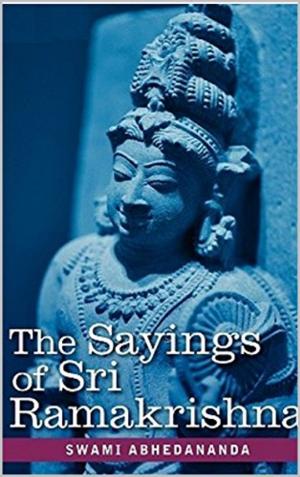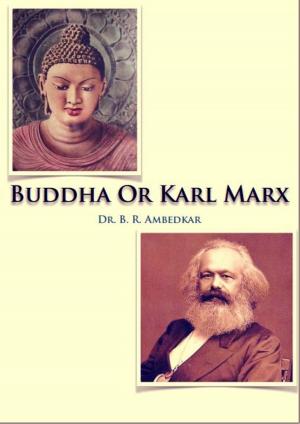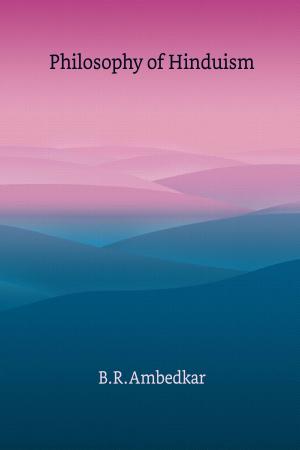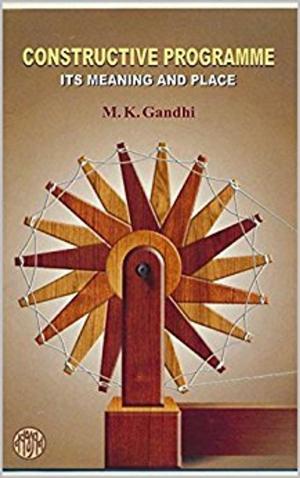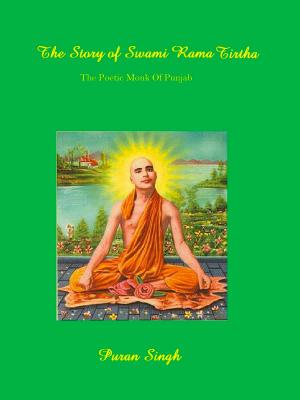| Author: | Sir John Woodroffe | ISBN: | 1230001864120 |
| Publisher: | Kar Publishing | Publication: | September 9, 2017 |
| Imprint: | Language: | English |
| Author: | Sir John Woodroffe |
| ISBN: | 1230001864120 |
| Publisher: | Kar Publishing |
| Publication: | September 9, 2017 |
| Imprint: | |
| Language: | English |
T H E GARLAND OF LETTERS (VARṆAMĀLĀ)
STUDIES IN THE MANTRA-ŚĀSTRA BY SIR JOHN WOODROFFE
THIS book is an attempt, now made for the first time, to
explain to an English-knowing reader an undoubtedly
difficult subject. I am therefore forcibly reminded of the
saying, “Veda fears the man of little knowledge, since
injury may be received from him” ( Bibhetyalpaśrutād-
Vedo mām-ayaṃ praharisyate) . It is natural, given this difficulty and the mystery which surrounds the subject,
that strangers to India should have failed to understand
Mantra. They need not, however, have then (as some have
done) jumped to the conclusion that it was “meaningless
superstition.” This is the familiar argument of the lower
mind which says “what I cannot understand can have no
sense at all.” Mantra is, it is true, meaningless to those who do not kmow its meaning. But there are others who do, and to them it is not “superstition.” It is because
some English-educated Indians are as uninstructed in the
matter as that rather common type of Western to whose mental outlook and opinions they mould their own, that
it was possible to find a distinguished member of this class
describing Mantra as “meaningless jabber.”
T H E GARLAND OF LETTERS (VARṆAMĀLĀ)
STUDIES IN THE MANTRA-ŚĀSTRA BY SIR JOHN WOODROFFE
THIS book is an attempt, now made for the first time, to
explain to an English-knowing reader an undoubtedly
difficult subject. I am therefore forcibly reminded of the
saying, “Veda fears the man of little knowledge, since
injury may be received from him” ( Bibhetyalpaśrutād-
Vedo mām-ayaṃ praharisyate) . It is natural, given this difficulty and the mystery which surrounds the subject,
that strangers to India should have failed to understand
Mantra. They need not, however, have then (as some have
done) jumped to the conclusion that it was “meaningless
superstition.” This is the familiar argument of the lower
mind which says “what I cannot understand can have no
sense at all.” Mantra is, it is true, meaningless to those who do not kmow its meaning. But there are others who do, and to them it is not “superstition.” It is because
some English-educated Indians are as uninstructed in the
matter as that rather common type of Western to whose mental outlook and opinions they mould their own, that
it was possible to find a distinguished member of this class
describing Mantra as “meaningless jabber.”
